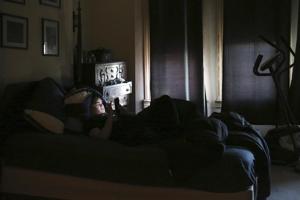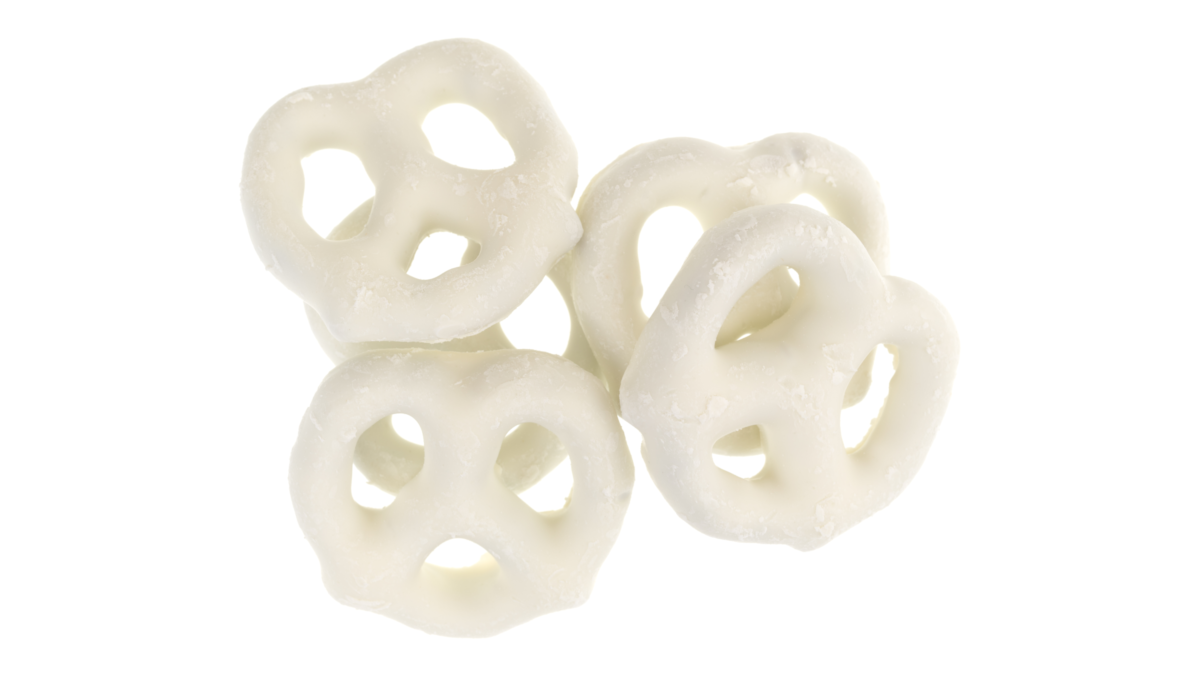Like many of us, Jessica Peoples has heard the warnings about excessive screen time at night. Still, she estimates spending 30 to 60 minutes on her phone before going to sleep, mostly scrolling through social media. “Recently, I’ve been trying to limit the amount,” says Peoples, a discrimination investigator with the state of New Jersey.
“I do notice that how much time I spend affects .” Over half of Americans spend time on their phones within an hour of going to sleep, according to a . That’s the very latest we should shut off devices, experts say.

The brain needs to wind down long before bedtime to get the restorative deep sleep that helps the body function, said Melissa Milanak, an associate professor at Medical University of South Carolina specializing in sleep health. “You wouldn’t take a casserole out of the oven and stick it right in the fridge. It needs to cool down,” Milanak said.
“Our brains need to do that too.” Upending your bedtime routine may not be easy, but insufficient sleep has long been linked to , and . are particularly disruptive to the circadian clock that regulates sleep and other hormones.
“There are a million and one ways screens create problems with sleep,” said Lisa Strauss, a licensed psychologist specializing in cognitive behavioral treatment of sleep disorders. The brain, she said, processes electric light — not just a smartphone’s much-maligned blue light — as sunshine. That suppresses melatonin production, delayi.























